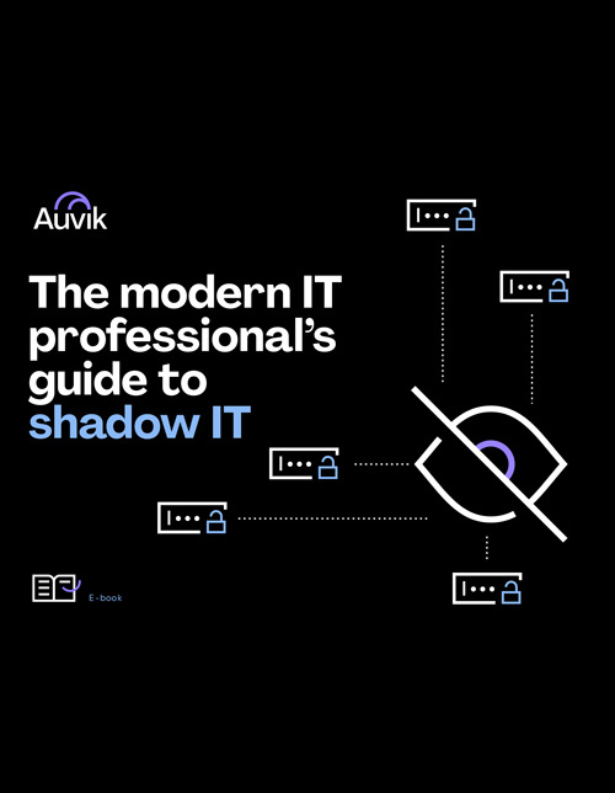There’s an old adage that if everybody is responsible for something, nobody is responsible for it. This phrase has a lot of relevance for IT solution providers and managed service providers (MSPs) who bear responsibility for some or all of their clients’ IT infrastructure.
While the MSP business takes responsibility as a whole, if individuals within that MSP aren’t assigned to specific tasks, it’s easy for things to get overlooked.
Here are three areas where I typically observe MSPs overlook assigning responsibility.
Client documentation
A good MSP has their clients’ IT infrastructure documented—from Active Directory to domain registrations, from fixed IP addresses to DHCP ranges, from firewalls and routers to network printers and Wi-Fi access points.
Often the responsibility for keeping documentation up to date is given to the service delivery team or the help desk team. Each engineer on the team assumes his or her colleague will keep the details up to date. And even when they spot stale info, they rarely if ever schedule the time to bring that info up to date.
By making one person on the service delivery team responsible for client documentation and regular checks to ensure asset registers or configurations have been updated, you ensure all engineers have the information they need when they need it.
Note that assigning responsibility for ensuring network documentation is up to date doesn’t mean one person has to do all the documentation. Quite often, individual engineers have better insight into certain clients and so are better suited to updating the documentation for those accounts. But it’s the responsibility of your designated Network Documentation Monitor to ensure the right engineers schedule the time to update that documentation—and to remind the engineers involved when necessary.
Licence and service renewals
How many times have you seen an SSL certificate expire on a mission critical server, or an antivirus subscription become overdue on a network? All because nobody was tracking those expirations, or because the admin department assumed it was the service delivery team’s responsibility, and the technical department assumed it was the sales team’s responsibility.
All clients renewals should be recorded as configurations or assets, ideally within your professional services automation (PSA) or customer relationship management (CRM) system.
Typical renewals to track include:
- SSL certificates
- Antivirus licences
- Web hosting
- Domain registrations
- Care packs and warranties
Ensure that one person on one team is responsible for alerting others to renewals.
Again, that person doesn’t necessarily have to process the renewals—it may be a member of the admin team who alerts the sales team to the renewal requirement—but one person keeps track of all the renewals and escalates those that are due to expire.
Monitoring and maintenance
Most MSPs perform regular monitoring and maintenance on their client networks: pro-actively alerting the help desk to potential issues, alerting the help desk to issues that need remedial action as they occur, and regularly updating and patching client systems.
In the case of urgent issues requiring immediate attention, the help desk typically responds and resolves the issue rapidly.
But it’s quite often the case that pro-active alerts, such as a server running low on disk space or a DHCP pool of IP addresses running low, are treated as important but not urgent. If procrastinated about long enough, they suddenly become very important and very urgent!
By ensuring that one staff member is responsible for keeping an overall view on pro-active work, and ensuring that such work is scheduled in a timely fashion, you can avoid situations where a known future issue becomes a very real and urgent issue in the here and now.
A person, not a team
By assigning responsibility for important tasks to teams, you run the risk of every member of the team assuming that somebody else has already taken care of things. This can result in important issues suddenly becoming urgent, and clients experiencing downtime that causes red faces for all responsible.
By putting in place checks for important processes, and assigning responsibility to individuals within your business, your MSP will run more effectively and your clients will experience better service.





